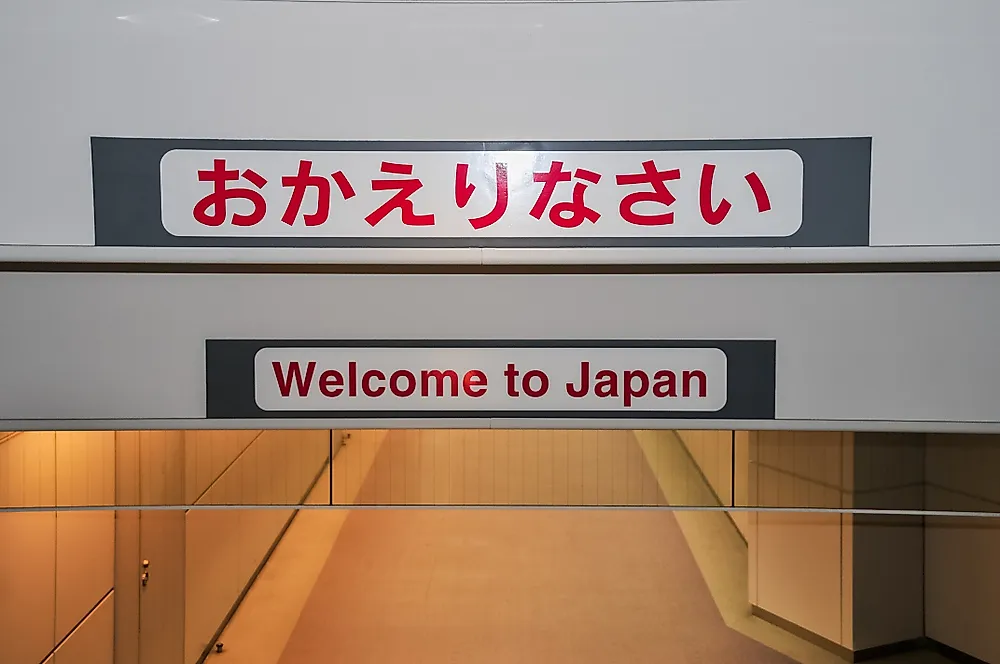Is Japan A Country?

A country is a tract of land which is inhabited by individuals with a shared history and culture. It is an autonomous entity with clearly defined boundaries. The term country refers to a sovereign state or any other political entity. According to the above definition, Japan is an independent country.
Japan
Japan is an island nation which is in the Pacific Ocean. The country stretches from China and the East China Sea to the Okhotsk Sea. It is a composite volcano archipelago which is made up of over 6,852 islands. The largest islands which make up over 97% of their land area include Shikoku, Kyushu, Hokkaido, and Honshu. Japan occupies an area of about 145,936 sq miles.
It is a constitutional monarchy with the Prime Minister and his cabinet wielding the Executive power while the emperor is a ceremonial figure. The legislative body of Japan is known as the National Diet. The National Diet is made up of the house of councilors with 242 seats and the House of Representatives with 465 seats. The Monarch appoints the prime minister. The Prime Minister is the leader of the Cabinet, and he dismisses and appoints the Cabinet Ministers.
History Of Japan
Japan was ruled by numerous military shoguns who were appointed by the Emperor from the twelfth century to 1868 and by the seventeenth century the country had entered into an era of isolation. During this period the Japanese were not allowed to leave the state, and all the foreigners were barred from entering Japan. The isolation period ended in 1853 after the U.S. Black Ships led by Matthew Perry forced them to open their country to the western nations through a sequence of unequal treaties.
The Japanese Imperial Court gained its political influence in 1868 and created the Japanese empire.Their victories in the nineteenth and twentieth centuries battles like the Russo-Japanese War and the First Sino-Japanese War made it possible for them to expand their territories. The Second World War ended with Japan surrendering after the Atomic bombing of Nagasaki and Hiroshima. The country adopted their current constitution in 1947, and since then they have maintained a constitutional monarchy type of government.
Population Of Japan
Japan has over 128 million residents, and about 80% of them reside in Honshu. The primary ethnic group in the country is the Yamato community, while the smallest groups in the state include the Ryukyuan and the Ainu people. Over 98.5% of the residents are Japanese.
Largest Cities In Japan
Tokyo is the capital and the biggest city in the country with over 39 million residents. It is the seat of the National Diet, the government and the Emperor of Japan.











